I recently attended The Anti Diet Riot Festival at Colours in Hoxton. The festival, which you can learn more about here, was a celebration of all bodies, self-pleasure whilst counteracting all the toxic diet culture we feel bullied into participating in every January.
The day consisted of talks, workshops, craft spaces, and mingling with some of the most influential names in the body positive movement.
One of the talks I attended was 'Race Matters In Body Positivity'. When we think of body positivity, we think – or at least I think – of a hashtag on Instagram filled with one of two things; people are sharing their weight loss journey, or people embracing their curves. When I think of the body positive movement offline, I think of people like Ashley Graham and Iskra Lawrence who, even though are a part of the movement, have their presence changing what it represents. It's become more about being "thick" in the right places when the majority of people don't look like that. The other side of it is representation. There aren't many black or Asian mainstream plus-sized models that come to mind, which is something this talk discusses. Society endorses European beauty ideals, and even with plus-sized models, that doesn't change.
The speakers on the panel were Stephanie Yeboah, Kenny Jones, Nadia Craddock and Devinia Noel. Stephanie Yeboah, also known as 'Nerd About Town' on social media, is a plus-sized style influencer who has been published by the Guardian, ITV and Grazia for speaking very candidly about everything from skin bleaching to eating disorders. Kenny Ethan Jones is a model and activist who has made history for being the first trans man to lead 'The Pink Parcel', a campaign about menstruation. Nadia Craddock is a Harvard graduate, body-positive research and podcaster. And, Devinia Noel is a cognitive behavioural therapist and intuitive eating counsellor.
The panel was an excellent choice to discuss such matters of race in body positivity because of its diversity. Yeboah and Noel, as two black women spoke about their experiences with their bodies and the challenges they have faced being plus-size and black. Whereas Jones and Craddock are both mixed race (Jones black and white and Craddock Asian and white) were very aware of their privilege as mixed raced people, but how they still faced issues with their bodies and the impact that had on them. Craddock, for example, was "the ideal" as a young woman but then felt immense pressure to stay "perfect" resulting in an eating disorder.
None of the panel, especially Yeboah, was afraid to touch on controversial topics like white feminism, even though the vast majority of the audience was white and female, nor were they shy in sharing their feelings about how bogus the body positivity movement has become.
Yeboah said:
"I don't consider myself as part of the body positivity movement anymore. I think I'm more 'fat acceptance'. There is still a thing around the word 'fat', so people who have a problem with that word aren't going to be quick to jump on it".
I agree with Yeboah wholeheartedly: the movement has been taken over by model culture and has simply redefined body privilege whilst excluding the bodies that need it the most.
Jones, a trans man who doesn't have the same experiences as Yeboah, spoke in agreement with her. He said that he "hates to see it" and that people need to "be aware of the marketing ploys" because there is a difference between being body positive and being genuinely inclusive and spotting that difference really "comes down to education".
Craddock, as one of the two women of colour in her workplace, said; "People are so afraid to give up their power in whatever space you're in". She went on to talk about how media campaigns are so exclusive because they don't have more of the people they should be representing working for them behind the scenes.
The narrative surrounding big, black bodies, in particular, is very distorted. Yeboah recalled a direct message on Twitter, where a white feminist told her she didn't think black women needed their own feminism movement because black men appreciate big bodies. Yeboah was quick to recant and said that is a myth because although African-Caribbean culture can view bigger bodies as more desirable, there is such a thing as too big in people's eyes. The line between the two is ironically thin.
There was a point in the talk where it seemed like, if you are big and black, there is not a lot you can do to combat the negative connotations associated with that. Each member of the panel had their way of dealing with negativity surrounding body image that they shared with the audience in hopes to end the talk optimistically. Jones said one thing that helped him cope when he was dealing with less than positive thoughts about his image was self-affirmations at sorts.
"Write a list of all the things you like about yourself. I think I have a nice smile".
Noel said she was fortunate enough to have therapy; couple that with being kind to yourself and you can start to redraw the picture that society has painted for you. Craddock reiterated bringing people to the table is essential and shouldn't be underestimated.
"Too many people will consult the people they should be representing and write their experiences for them", instead of handing them the pen, so the speak.
All members of the panel were forthcoming and honest about their experiences, and they are the right people to be championing a topic like this because they're so honest about it. Take Jones, for example; he knows he has a privilege for being light-skinned and is choosing to use that to champion others who aren't as privileged because he can. All the panel are bursting through ceilings with their careers, and it can't be easy fighting for spaces that you should be allowed to occupy regardless. However, the fact it's possible to get four people like this in a room to discuss such a topic is a much-needed step in the right direction. Things are changing, but panels like this, coupled with calling people out on their mistakes, is what prevents that change from becoming stagnant.

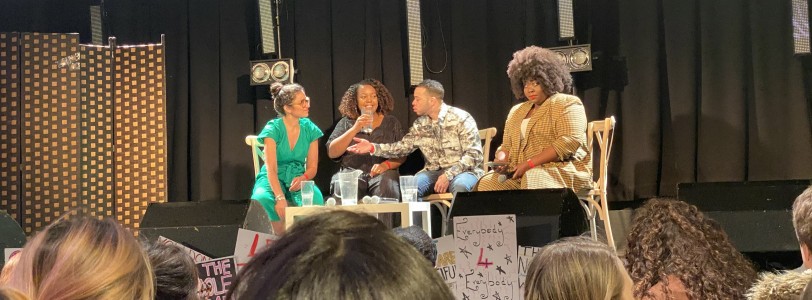
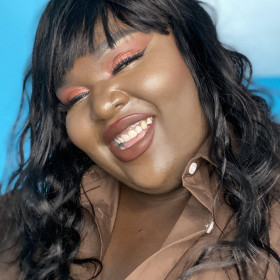
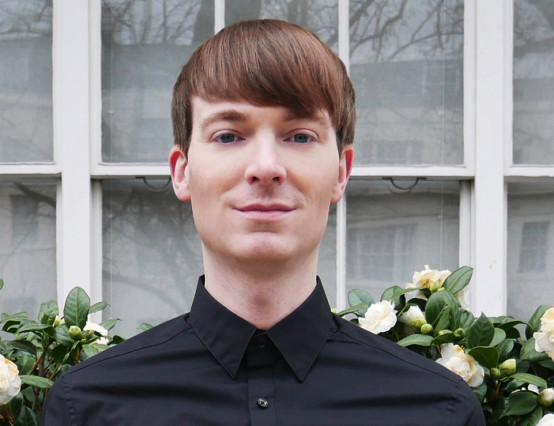
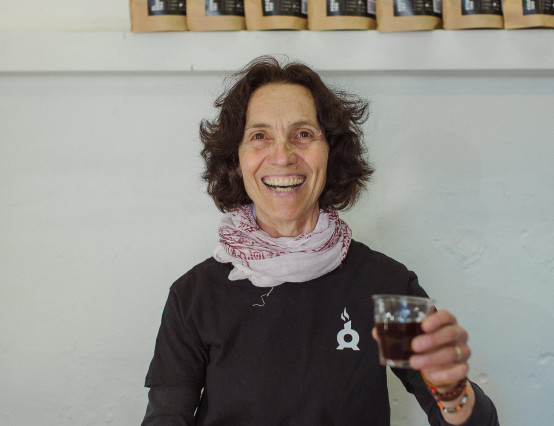
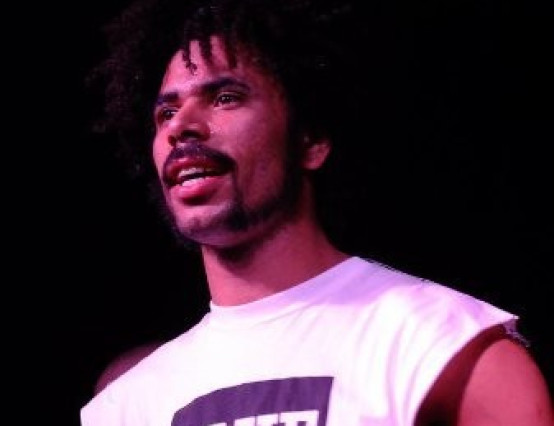


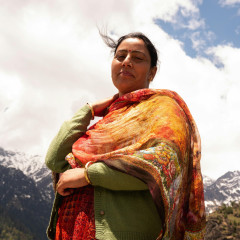
0 Comments